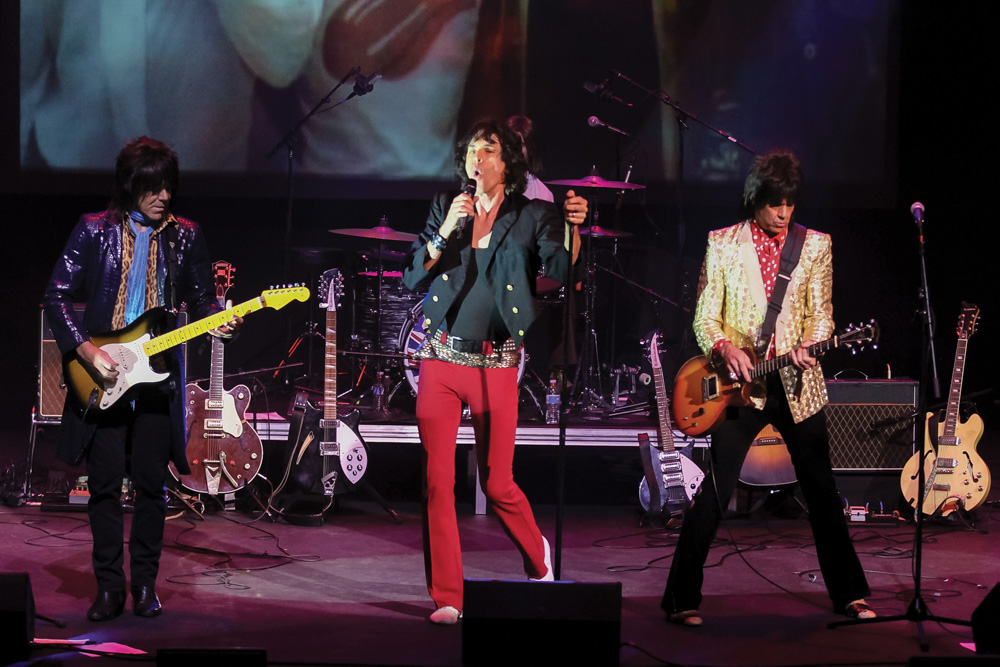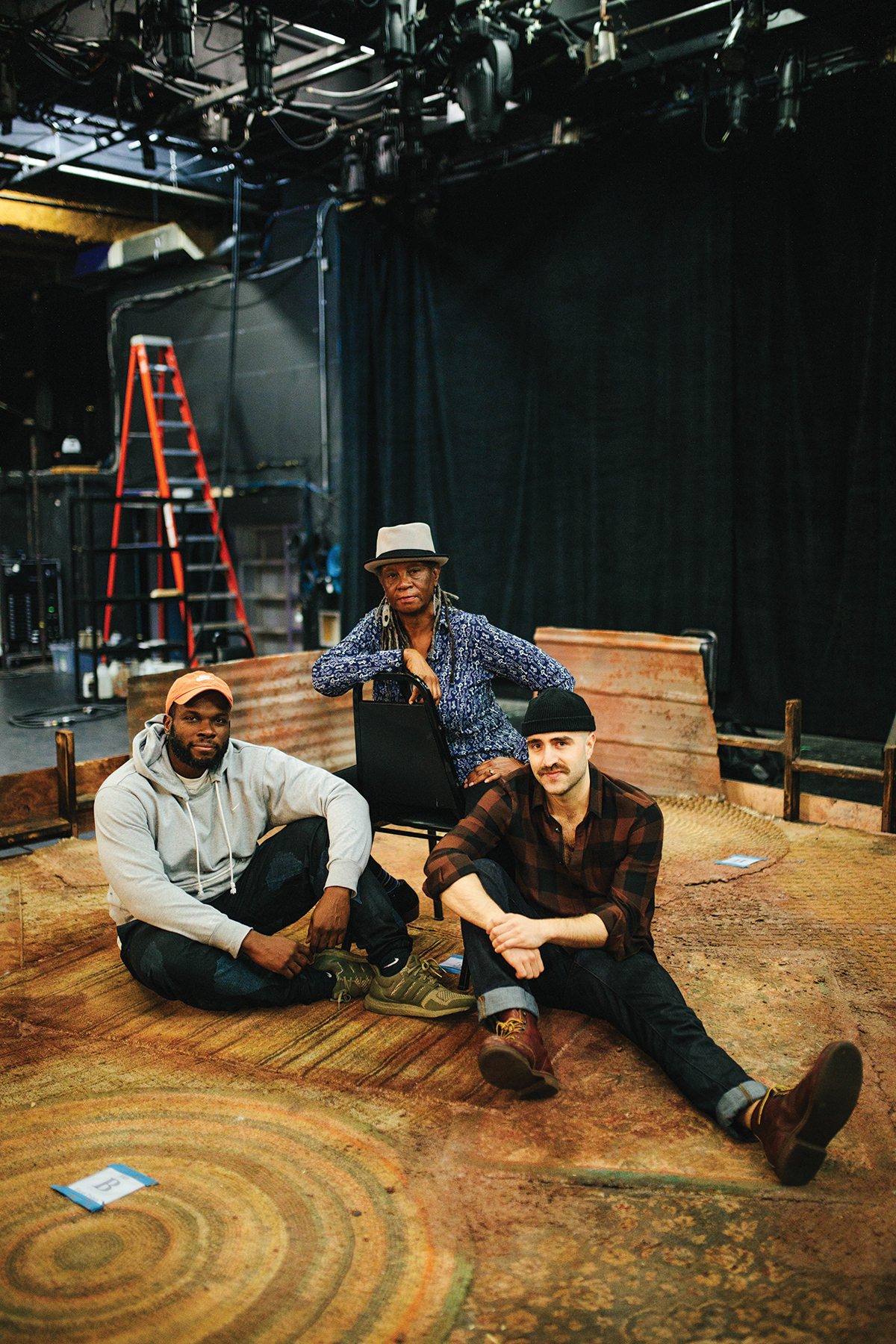
Veteran actor Marvin Bell, playing the lead role of Hoke in Flat Rock Playhouse’s summer production, offers his views of a script that is “more visceral” in the stage version than in the classic movie.
It’s 1948 in Atlanta, and an unlikely pair meets for the first time. An older Southern Jewish woman named Daisy is guarded and resistant. A younger African-American man named Hoke is her cautious yet gracious chauffeur. The friction of their interaction, ending finally in deep friendship, is the cornerstone of the play and film adaptation of Driving Miss Daisy.
The story unfolds over 25 years, pausing crucially during the Civil Rights Era. Daisy enthusiastically attends a speech by Dr. Martin Luther King, Jr. — but Hoke listens to it in the car, alone. In another scene, Daisy’s synagogue is bombed. The narrative suggests that this violent incident may lead her to confront some of her own prejudices.
The 1989 film version of Alfred Uhry’s play (starring Jessica Tandy and Morgan Freeman) won that year’s Oscar for Best Picture. The play makes its Hendersonville debut at Flat Rock Playhouse Downtown with longtime local actors Janie Bushway as Daisy and Michael MacCauley as her son, Boolie.
The script is unchanged, but the tone of the production may strike a different chord with modern audiences, says Marvin Bell, who will be playing the role of Hoke at the Playhouse.
“I think the perception has changed,” says Bell. “I believe that the way people receive it is totally different now.”
He recalls that when the play and film were first released in the ’80s, some people perceived Hoke as an Uncle Tom character. Now the play is a crystallized piece of history that allows audiences to step into a past era they may have never experienced.
Bell is attracted to the immediacy that live theater brings to this older work. He admires the film adaptation, but says that the stage offers an opportunity to connect directly with audiences. “The intimacy of the theater makes it a lot more visceral,” he says. “Everybody is right there with you.”
The actor says that people can engage more fully in this complex and stirring story when they sit just a few feet away from the actors. He hopes that this summer’s stage production will attract a new audience, as well.
“Young people — especially young African-Americans — need to see what life was like in their history, in our culture,” he says.
Bell, who began his acting career in the early ’80s, has seen everyday life change for him and his peers as Americans gradually became more accepting of different cultures. Certain current events prove there’s still a long way to go, but from a perspective of decades past, “it was different for me when I was coming up,” he says, “and it’s a lot different now.”
This societal shift reinforces Bell’s commitment to the theatrical time capsule that is Driving Miss Daisy.
“If we don’t know where we came from,” he says, “we don’t know where we’re going.”
Flat Rock Playhouse Downtown (125 South Main St., Hendersonville) presents Driving Miss Daisy July 9-26. Visit flatrockplayhouse.org or call 828-693-0731.



